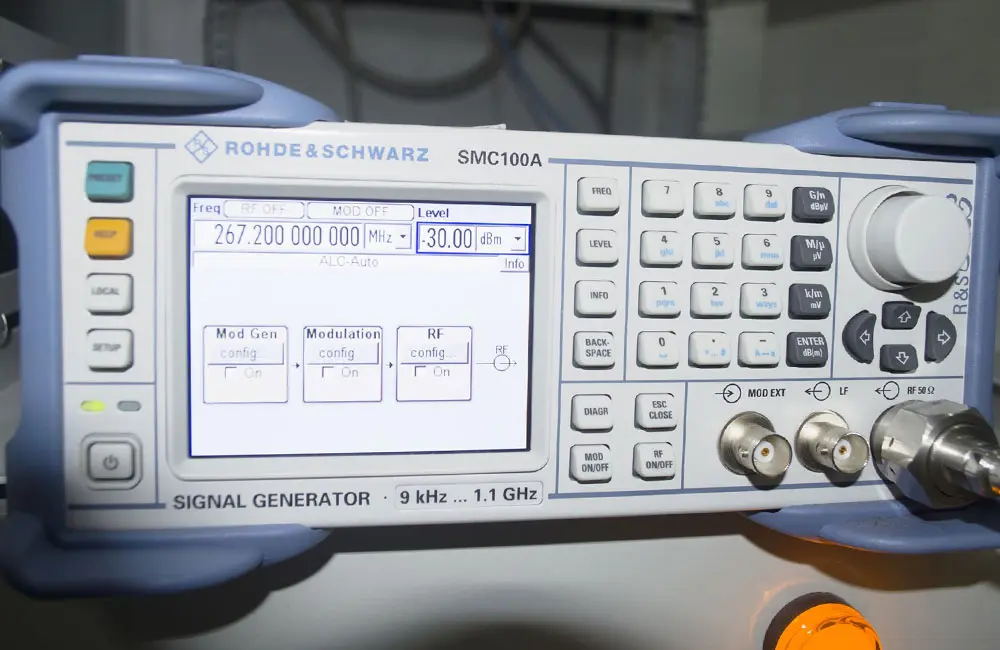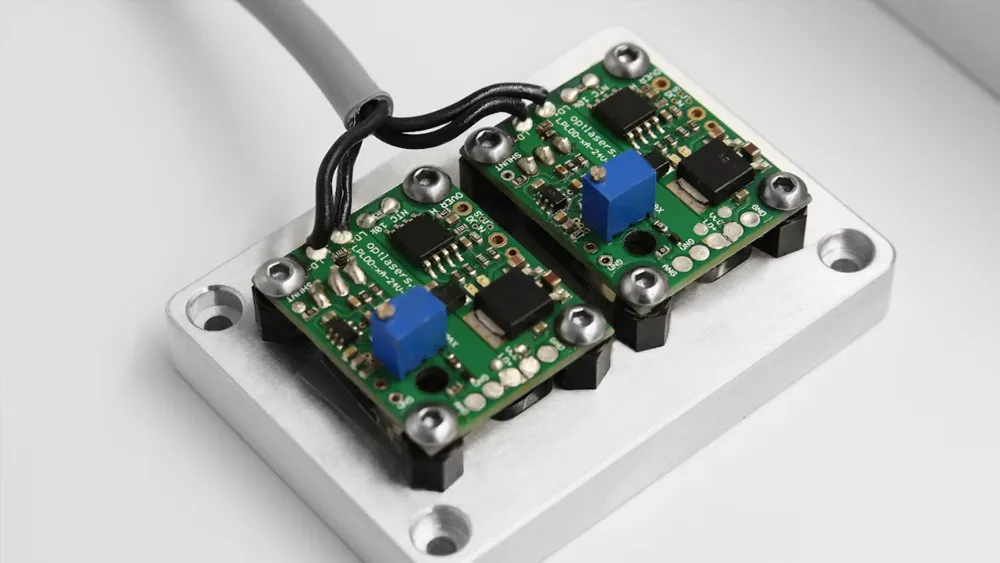
Plug and Socket CB Standard Testing
The cb standards for sockets and plugs are primarily based on a series of standards developed by the International Electrotechnical Commission (IEC), specifically IEC 60309-1 and IEC 60309-2. These standards apply to industrial plugs, sockets, and couplers, specifying general requirements as well as dimensional interchangeability of pins and sleeves. This ensures that industrial plugs and sockets produced by different manufacturers are compatible and safe to use.

1. IEC 60364-5-53
This standard addresses the selection and installation of electrical equipment in building electrical installations. It covers requirements for insULation, switching, and control, ensuring the safe and reliable operation of plugs and sockets in building electrical systems.
2. IEC 60320-1
This standard defines the general requirements for appliance couplers for household and similar general-purpose equipment. It sets out the basic performance and safety indicators for household plugs and sockets to meet daily safety needs.
3. IEC 60884-1 and Related Sections
- IEC 60884-1: Specifies general requirements for plugs and fixed or portable socket-outlets intended for household and similar purposes. It includes tests for marking and dimensional accuracy, protection against electric shock, grounding measures, and more, ensuring safety and reliability.
- IEC 60884-2: Addresses special requirements for different types of household plugs and sockets, such as converters, fused plugs, appliance outlets, interlocked or non-interlocked socket-outlets for fixed installations, plugs and sockets for safety extra-low voltage (SELV), power strips, and extension cords.
4. IEC 60906-1, IEC 60906-2, and IEC 60906-3
These standards specify the requirements for different types of IEC-designed plugs and sockets for household and similar appliances, including:
- AC 16A 250V,
- AC 15A 125V and 20A 125V,
- Safety extra-low voltage plugs and sockets for AC and DC applications (16A, 6V, 12V, 24V, 48V).
cb certification Testing for Plugs
CB certification testing includes safety tests and electromagnetic compatibility (EMC) tests.
Safety Testing
- Visual inspection
- Ground resistance testing
- Current-carrying capability testing
- Insulation testing
- Dielectric withstand voltage testing
Electromagnetic Compatibility Testing
- Radiation and conducted interference testing
- Electromagnetic immunity testing
These comprehensive tests ensure that plugs and sockets meet international safety and compatibility standards for industrial and household use.
Email:hello@jjrlab.com
Write your message here and send it to us
 Canada ISED Certification RSS-247 Standard Testing
Canada ISED Certification RSS-247 Standard Testing
 What Are the Product Compliance for Amazon Austral
What Are the Product Compliance for Amazon Austral
 Australia IoT Security Compliance
Australia IoT Security Compliance
 V16 Warning Light EU EN 18031 Cybersecurity Certif
V16 Warning Light EU EN 18031 Cybersecurity Certif
 Japan IoT Security JC-STAR Certification
Japan IoT Security JC-STAR Certification
 FCC SDoC Compliance Information Statement
FCC SDoC Compliance Information Statement
 What Does FCC SDoC Certification Mean?
What Does FCC SDoC Certification Mean?
 What is Bisphenol A (BPA) Testing?
What is Bisphenol A (BPA) Testing?
Leave us a message
24-hour online customer service at any time to respond, so that you worry!




